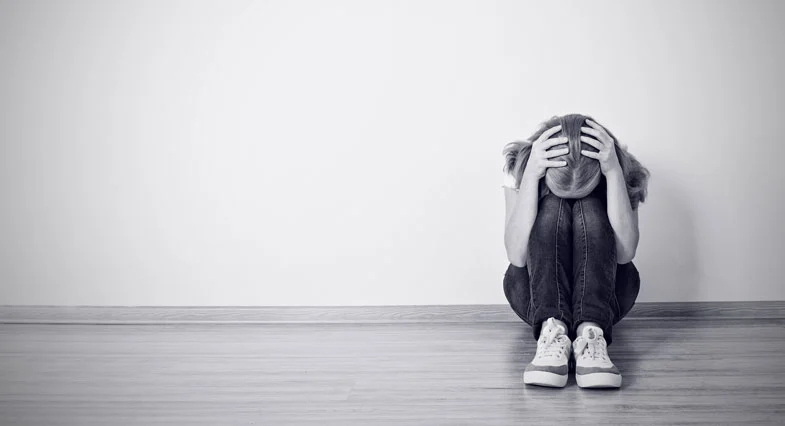
Stress, anxiety, and depression are all common mental health conditions. Each one can affect your nervous system in different ways, but they often overlap with each other. And vice versa. If you’re feeling stressed out or anxious, it can be difficult to know if you’re also depressed.
What is Stress?
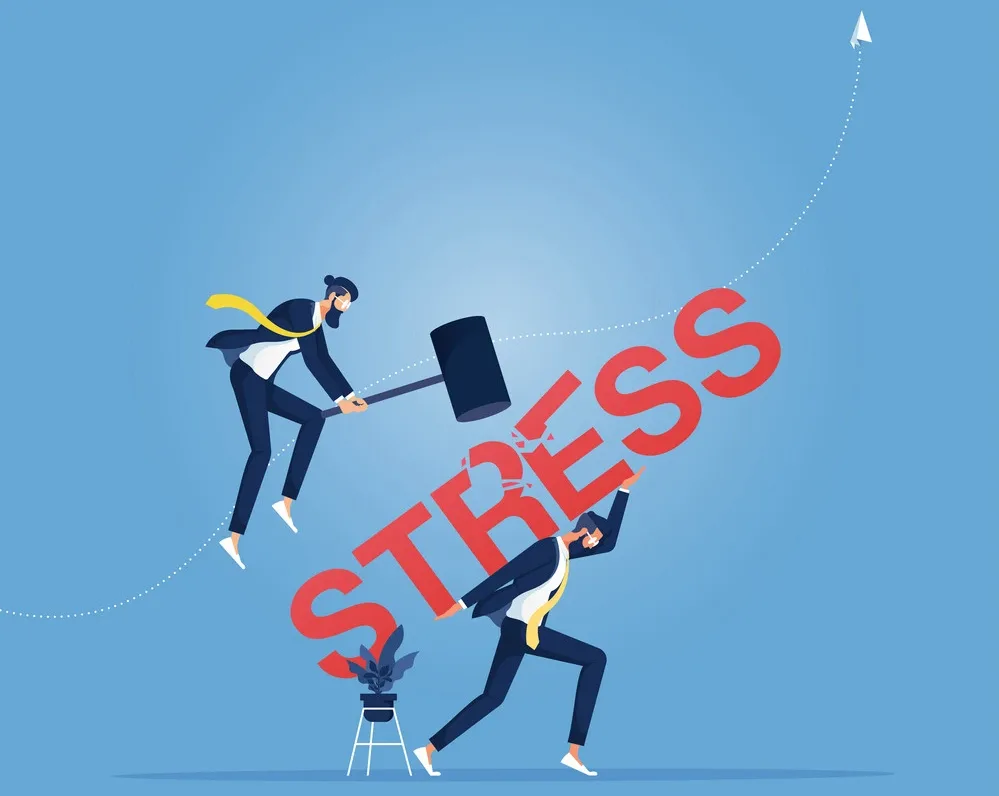
Stress is a normal part of life. It’s the body’s natural reaction to change and an important part of adapting to new situations or challenges.
Stress can be good, but it can also hurt you in the long run if it becomes overwhelming or constant. If a stressful situation persists long enough, it can lead to anxiety and depression—or even physical symptoms like headaches and stomach aches.
The definition of “stress” varies depending on who you talk to: some experts use the term interchangeably with anxiety and depression; others distinguish between them (and still others don’t believe they’re related). But regardless of what they call it, people tend to agree that stress is caused by external factors—such as work deadlines or relationship problems—and affects how we feel inside our bodies (for example, increased heart rate).
However, there’s more to the story than just the physical symptoms of stress. It can also impact your mental health, causing you to feel anxious or depressed.
What is Anxiety?
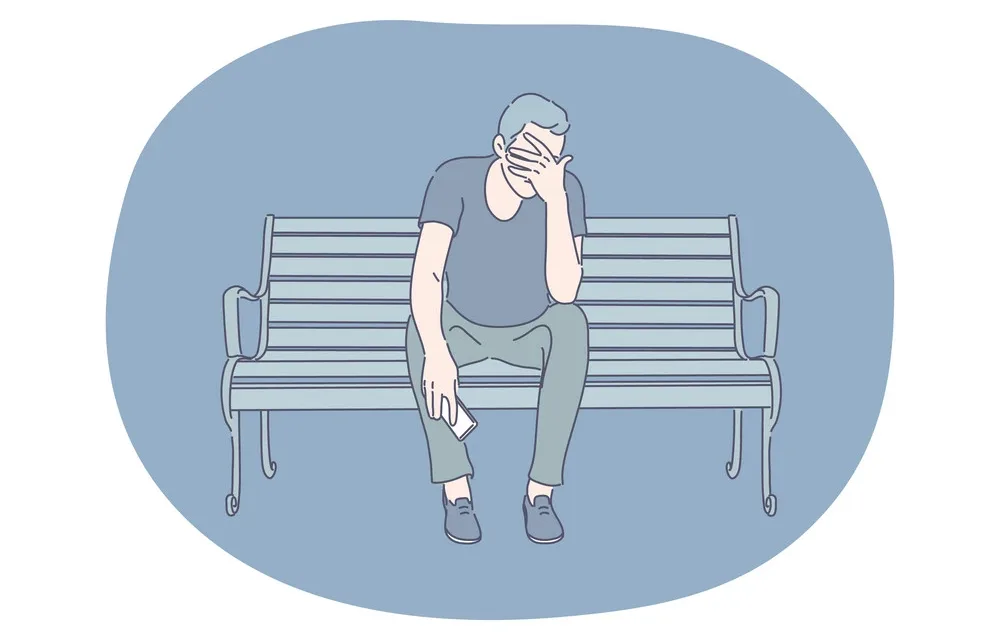
The first step to understanding anxiety is knowing it isn’t a disorder. Anxiety is a normal human emotion. It’s not something to be ashamed of or worried about; it’s just a feeling that comes and goes.
Anxiety can be caused by stress, fear, or trauma—most commonly in situations where things aren’t going as planned. Anxiety can also be physiological or psychological because of genetics, personality traits, and environmental factors like lack of sleep or diet changes (which affect our hormones).
It can manifest itself in many ways, but it usually feels like a combination of stress and worry. It can be triggered by specific situations (like being on an airplane or having to give a speech), or it can come out of nowhere.
What is Depression?
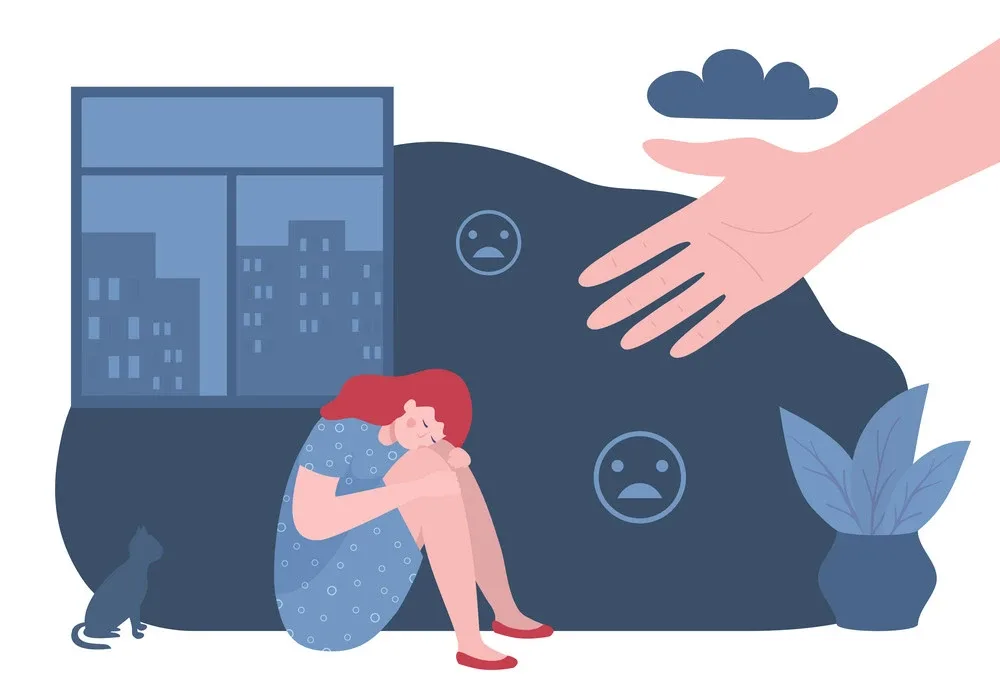
Depression is a mood disorder, not just a feeling of sadness or grief. People with depression can feel down for weeks or months and find it difficult to enjoy daily activities. They also may experience symptoms such as sleeping too much, too little, and having no energy to do anything. Depression is often accompanied by anxiety. For example, you might feel nervous when you’re around other people; you might constantly worry about what they think of you or if they judge you negatively based on your performance in class or at work. This pattern can lead to social isolation and avoidance of situations that could lead to confrontation with others—all things that make it harder for someone suffering from depression to get help because they don’t want anyone finding out about their illness!
Depression is not just a bad mood. It’s a serious illness that can affect your thoughts, feelings, and behavior.
Symptoms of Stress

The body’s “fight or flight” response kicks in when you’re stressed. This means that your brain is flooded with adrenaline and cortisol, making you feel on edge and anxious. High levels of these hormones can cause physical symptoms like:
- high blood pressure
- headaches
- insomnia (difficulty sleeping)
- muscle tension
- fatigue (extreme tiredness)
When it comes to stress, some people may experience no symptoms at all, while others may suffer an array of unpleasant physical side effects. Stress also has the potential to trigger health issues such as heart disease and digestive problems—but only if left unchecked for long periods.
Symptoms of Anxiety

Anxiety is different from stress, but they often go hand-in-hand. It can be difficult to tell that you have anxiety because symptoms can be similar to other conditions. The main thing to know is that anxiety can cause a lot of physical and emotional distress, so if you think you might have anxiety (or another mental health condition), it’s important to talk with a doctor who specializes in treating these issues.
If you think you may be experiencing symptoms of an anxiety disorder, here are some things that might happen:
- trembling or shaking
- sweating
- shortness of breath or difficulty breathing
- muscle tension or aches in your chest, stomach, or limbs
- heart palpitations
- nausea
- diarrhea
- abdominal pain and indigestion (dyspepsia)
Symptoms of Depression

Some symptoms can point to depression. These symptoms may be physical, emotional, behavioral, or cognitive (thoughts). They can also be sleep-related or appetite related.
Physical Symptoms:
- Changes in appetite and weight
- Difficulty falling asleep; waking up too early in the morning; waking up frequently during the night; having nightmares.
- Fatigue or loss of energy and motivation to participate in daily activities (including sex)
Emotional Symptoms:
- Feelings of sadness
- hopelessness, guilt, or worthlessness
- feeling anxious, irritable, or agitated
- having mood swings, especially between depression and mania (extreme happiness)
- feeling worthless and believing no one cares about you
Behavioral Symptoms:
- Withdrawing from friends and family
- Being unable to concentrate
- Need help making decisions.
The Connection Between Stress and Depression
A lot of people don’t realize that stress can lead to depression and that depression can lead to anxiety.
When you have depression or anxiety, likely, you will also experience some amount of stress. Stress may then cause more symptoms of depression or anxiety and make them worse than they would be otherwise.
Depression and anxiety can cause stress as well—for example, if your emotions are running high due to a stressful situation at work or school, they may be amplified when combined with symptoms related specifically to depression or anxiety (like feeling sad). This cycle is very common in the lives of many people who are experiencing mental health issues.
There are many ways that stress can affect your mental health. For example, if you’re stressed about school or work, this may cause you to feel overwhelmed and unable to cope with your responsibilities. Stress can also lead to sleep problems, eating disorders like anorexia nervosa or bulimia nervosa, substance abuse (like alcohol or drugs), self-harm behaviors like cutting yourself (also called “self-injury”), and suicide attempts.
Anxiety and Depression – Differences:
Anxiety and depression are different from each other, but they can affect each other. Anxiety is an emotional disorder that causes tension, worry, and fear about something in the future. Depression is a mood disorder that causes a feeling of sadness for two or more weeks.
Depression is a long-term state of low mood, while anxiety is a short-term state of high emotion. Depression can cause anxiety, but not vice versa (you don’t get depressed by being anxious).
Anxiety can be a symptom of depression, but it’s not the only symptom. Anxiety is often an early warning sign that you might be depressed. If you have anxiety and depression simultaneously, they may interact with each other and make both conditions worse.
Tips for Reducing Stress, Anxiety, and Depression
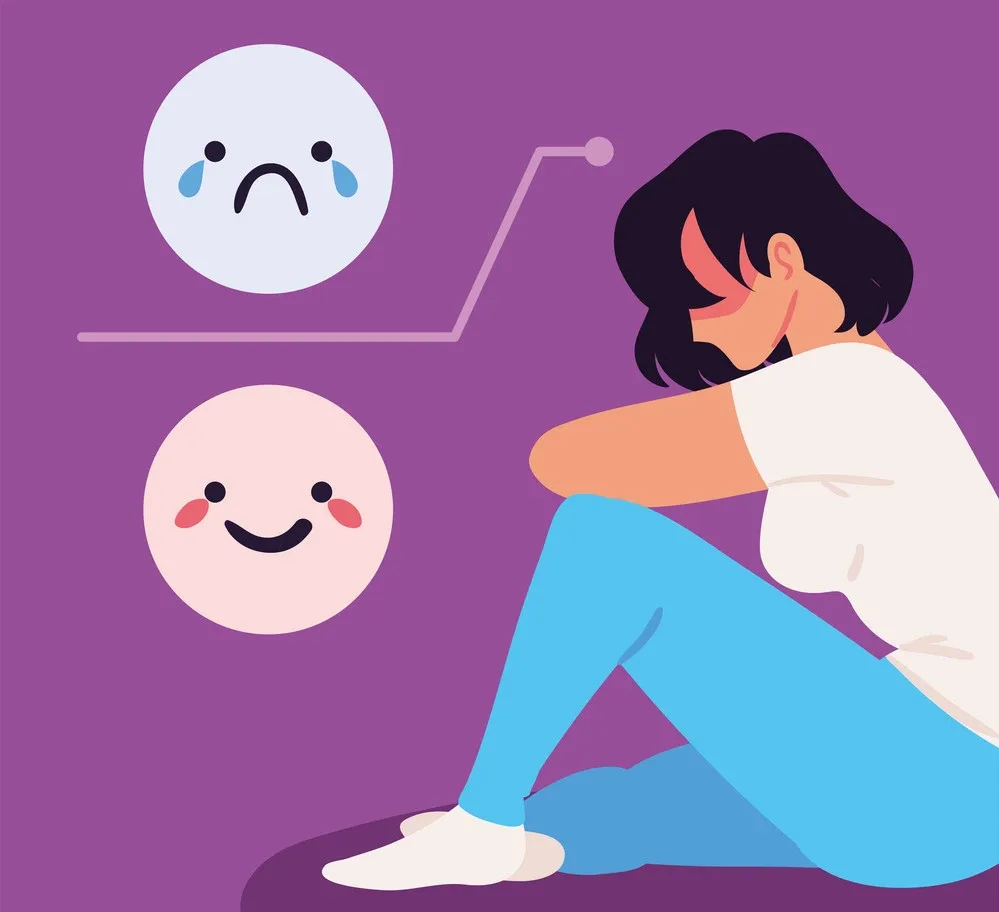
If you’re feeling stressed, anxious, or depressed, knowing that these feelings are common and not your fault can be helpful. You don’t have to suffer alone—you have the power to take steps toward feeling better.
- Exercise: You don’t need a gym membership or fancy equipment to start exercising. Try going for long walks outside or doing yoga at home while watching TV.
- Meditation: Try meditating for five minutes daily (this could be on your commute in the morning). It’s a great way to calm your mind and body down when you’re stressed by work deadlines or other life events that make you feel overwhelmed.
- Diet: Eating healthily is important for everyone — but especially so if you’re trying to deal with stress, anxiety, and depression symptoms because unhealthy food choices can make these symptoms worse! If possible, try cutting back on caffeine and alcohol intake; these substances may help temporarily but ultimately only add more stress to an already stressful situation which isn’t good for anyone involved!
Finally, it’s important to remember that everyone experiences stress and anxiety differently. At the same time, some people may feel overwhelmed by stressful situations while others can manage them well. If you are experiencing symptoms of depression or anxiety, please consult with a physician or mental health professional immediately.
Conclusion
The most important thing to remember when dealing with stress, anxiety, or depression is that you are not alone. Many people can help you through this difficult time and get you back on track. So don’t be afraid to reach out!

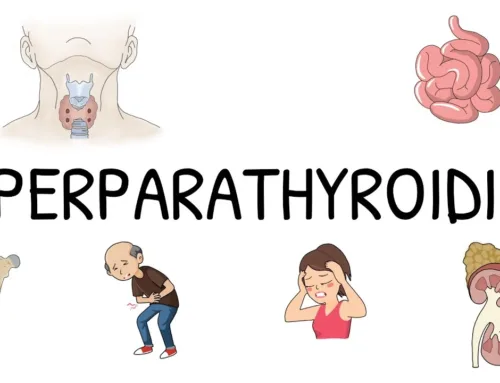


Leave A Comment